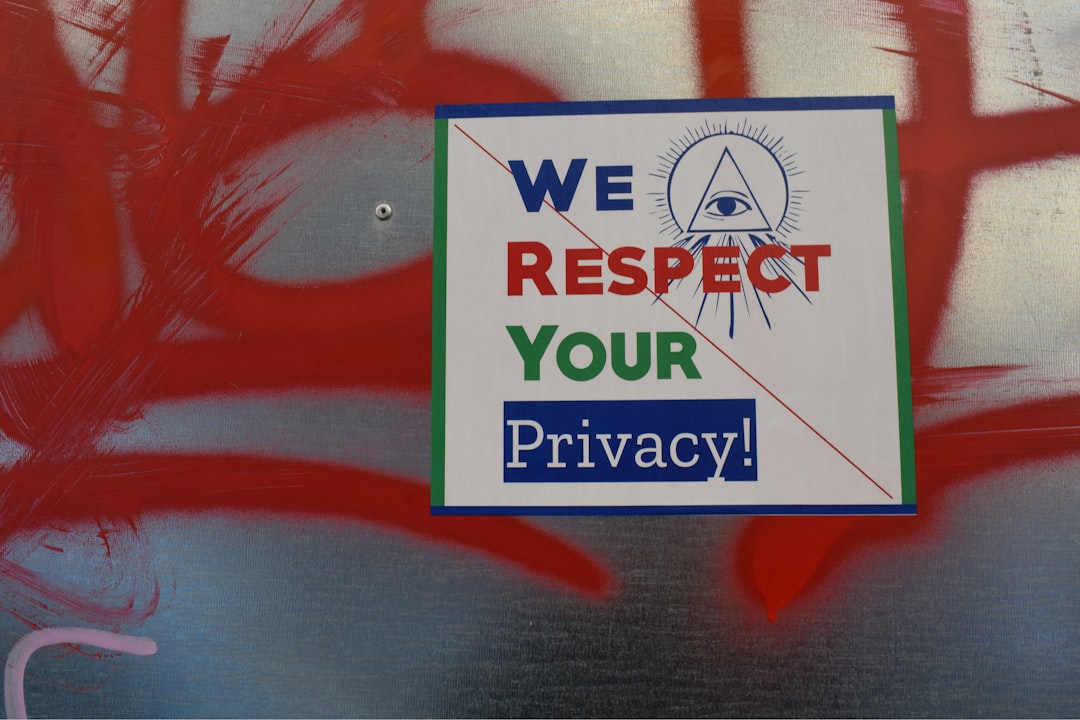Awakening Giants: How AI Dominates Industries by 2025
AI developments have reached a pivotal stage in the year of 2025, with industries across the globe experiencing significant transformations. The misconceptions surrounding these advancements often lead to skewed perspectives on the true potential and impact of AI technologies. Let’s delve into some common misconceptions regarding AI developments in this era.
In the vibrant landscape of technological progress, one prevailing misconception is that AI will solely replace human labor, resulting in widespread unemployment. Contrary to this belief, experts suggest that AI will augment human capabilities rather than outright substitute them.
Another widely held misconception is that AI operates independently without human intervention or oversight. However, the reality paints a different picture – humans play a crucial role in designing and supervising AI systems to ensure ethical use and prevent unforeseen consequences.
Lastly, there exists a notion that only tech giants can harness the power of AI due to extensive resources required for its implementation. In contrast, smaller businesses are increasingly leveraging affordable AI solutions tailored to their specific needs, fostering innovation and competitiveness.
The year 2025 witnesses remarkable strides in various sectors propelled by innovative applications of Artificial Intelligence.
One such sector undergoing profound changes is healthcare – where AI enhances diagnostics accuracy and accelerates drug discovery processes exponentially leading to improved patient outcomes.
The realm of transportation experiences a revolution as self-driving vehicles powered by advanced neural networks become mainstream resulting in safer roads and enhanced mobility for all.
Additionally,the finance industry witnesses increased efficiency through predictive analytics enabling personalized services tailored to individual customer preferences leadingto better financial decisions.
Furthermore,in entertainment,AI algorithms provide personalized content recommendations ensuring an immersive experience matching user tastes.
Besides,researchers are deploying cutting-edge language models capable of generating creative written works pushing boundaries of literary creativity.
However,it’s imperative tonote that such advancements demand meticulous attentionto ethical considerationsand regulatory frameworks acknowledgingpotential risks.

